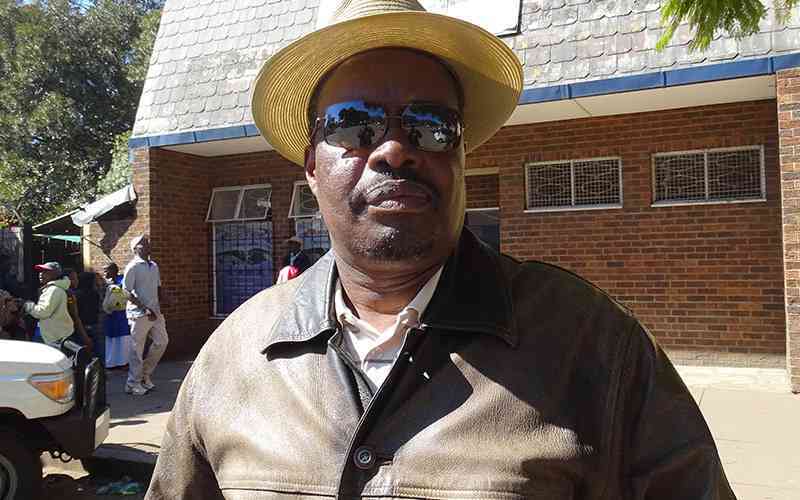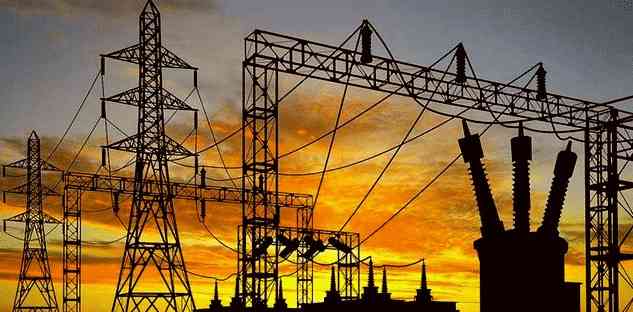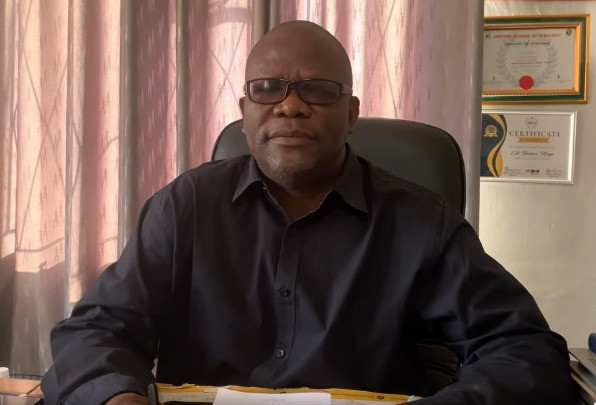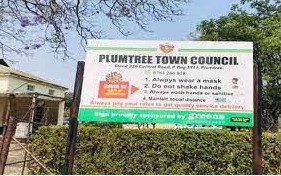
ZIPRA war veterans say the survivors of the Mkushi Camp bombing have been forgotten despite their role in the country’s road to independence.
Zipra war veterans’ secretary-general Petros Sibanda told Southern Eye that they are lobbying for the recognition of the survivors of the Mkushi bombing, a camp for female Zipra combatants in Zambia that was bombed by Rhodesian forces on October 19, 1978, leaving thousands of young women killed or injured.
Sibanda said the government should consider these ex-combatants during national events.
“Some are honoured with cars and financial assistance, but it should never be mere talk without action,” he said.
Sibanda said Mkushi survivors and the fallen heroes remained among the most forgotten in Zimbabwe’s liberation struggle.
“These were young men and women, trained and deployed under the command of the Zimbabwe People’s Revolutionary Army, the military wing of the Zimbabwe African People’s Union (Zapu),” Sibanda said.
He said the Mkushi Camp in Zambia was one of several Zipra training and transit centres where freedom fighters — many of them young women — prepared for the armed struggle.
“On October 19, 1978, the Rhodesian Air Force launched a brutal raid on Mkushi, killing and injuring hundreds of cadres. The attack was part of a wider offensive aimed at crippling Zapu/Zipra’s military operations and demoralising the liberation movement,” Sibanda said.
- Chiefs, CSOs demand return of Zipra properties
- Zipra non-combatants demand answers
- Zipra war vets acquire stand for offices
- Zipra fed up with ‘govt empty promises’
Keep Reading
“They were part of the collective vision of Zapu and Zipra — a vision rooted in unity, justice and equality for all Zimbabweans.”
He said their courage and sacrifice contributed directly to the final victory of 1980, when the dream of independence was finally realised.
“Yet, more than four decades later, the survivors of Mkushi and the families of those who perished remain without compensation, official recognition or inclusion in national commemorations,” Sibanda said.
“Their story has been largely sidelined in State narratives, despite their undeniable role in bringing about independence.”
He said the silence was not only painful, it also distorts our liberation history.
“The freedom we enjoy today was not achieved by one hand or one movement alone. It was won through the collective sacrifice of all patriotic forces, including the gallant men and women of Zapu and Zipra, whose discipline and professionalism later formed the backbone of Zimbabwe’s integrated national army,” Sibanda said.
“As Zimbabwe continues to pursue national healing and reconciliation, it is time to confront this historical neglect. The Mkushi story deserves to be told in schools, museums and national archives.
“A dedicated memorial — whether at the National Heroes Acre or at a new site jointly established by the State and veterans’ associations would serve as a lasting tribute to those who fell at Mkushi and to the survivors who still carry the scars of that sacrifice.”









